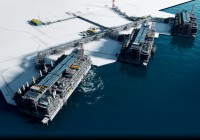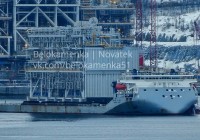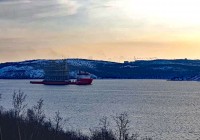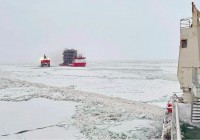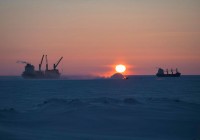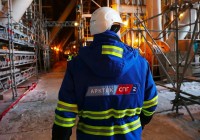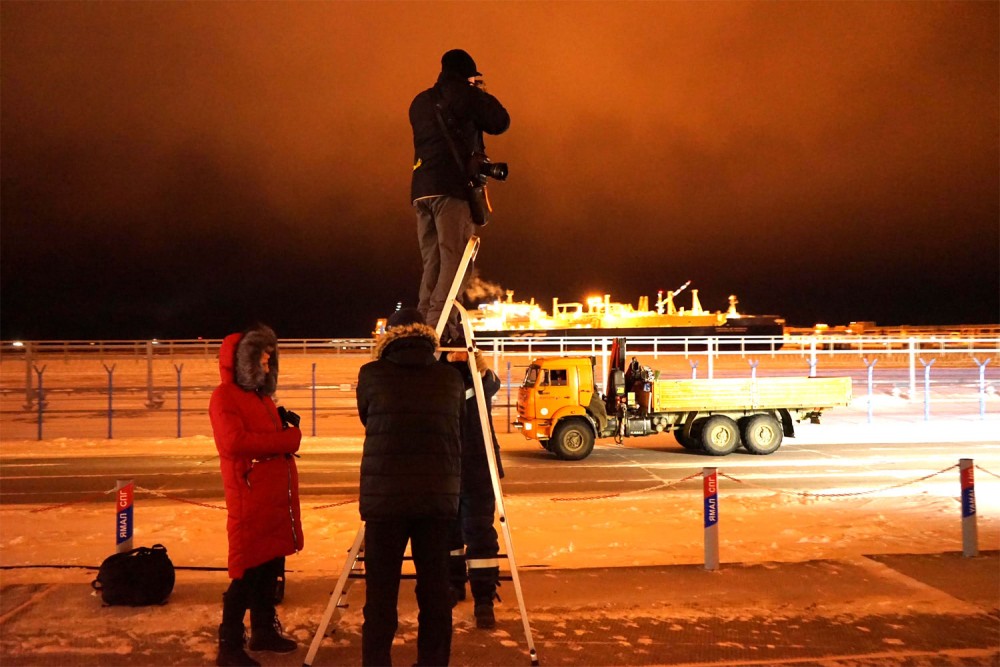
Sanctions are about to wreck Moscow's grand Arctic projects
ADVERTISEMENT
It has been increasingly evident over the past two years; Moscow’s full-scale war of aggression against Ukraine and its subsequent isolation from the international community will severely trouble the development of large energy projects in the Arctic.
Last week, natural gas company Novatek confirmed that the Arctic LNG 2 will shrink in size. There will not be three development trains as originally planned, but only two.
In August 2023, the first gravity-based production unit was sent from the construction center in Belokamenka to the production site in Gydan. A second unit is due to be towed from Belokamenka in fall 2024.
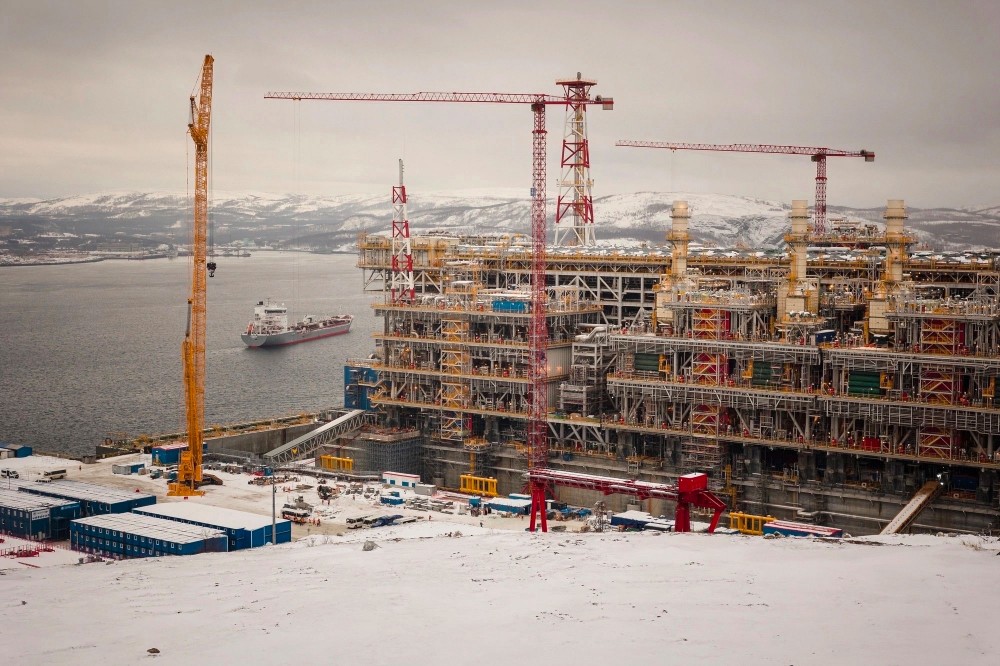
But the projected third train might never materialise.
The Arctic LNG 2 was planned to produce 20 million tons of liquified natural gas and boost Russia’s role in the global LNG market. The project was to help spur Arctic shipments and lead the way in the transformation of the Northern Sea Route to a commercially viable shortcut between Europe and Asia.
ADVERTISEMENT
Ultimately, none of Moscow’s grand plans for the Arctic could develop as planned.
Sources close to Novatek told Reuters that production at the first train of the Arctic LNG 2 in February this year shrunk to 83 million cubic meters from 425 million cubic meters in December and 250 million cubic meters in January. The information was published also on one of Novatek’s own Telegram channels.
Production will now be fully halted and remain so until at least the end of June, one of the sources said.
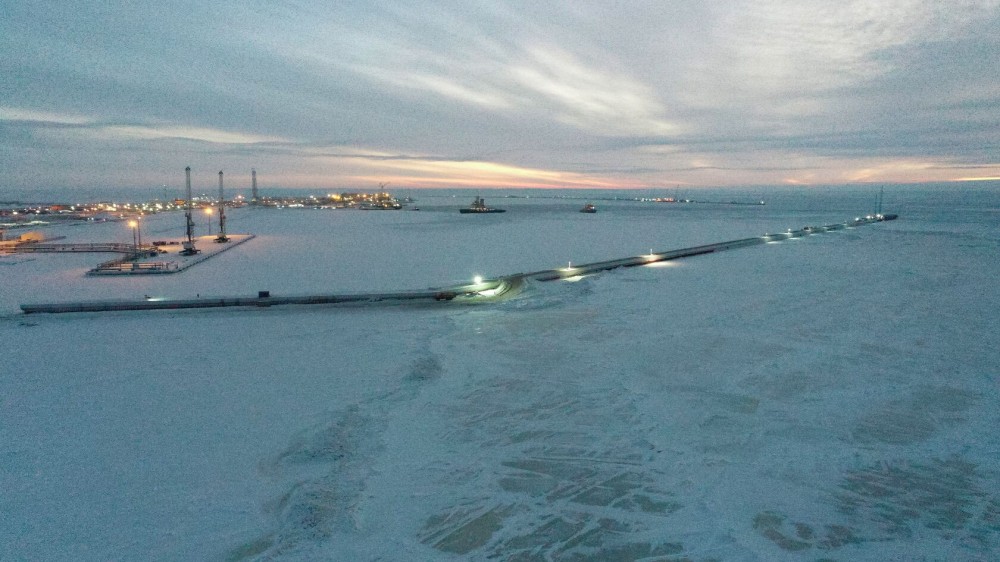
At the same time, Novatek indicates that the projected third production train could ultimately instead be built for a new LNG project in Murmansk.
In 2023 the company presented plans for the Murmansk LNG, a project that reportedly included annual production 20,4 million tons of LNG. The planned three trains would be floating gravity-based structures, similar to the ones built for the Arctic LNG 2, and be stationed somewhere in the Kola Bay.
A key problem for Novatek is the lack of LNG carriers that can shuttle through thick sea-ice to and from the production site in the Gulf of Ob.
The projected Murmansk LNG will not require any ice-class carriers.
The U.S State Treasury in early November 2023 included the Arctic LNG 2 in its latest round of sanctions. Before that, several more U.S sanctions had targeted the Russian Arctic energy industry.
One after another, international partners have withdrawn from the project. Among them are several of the shipyards that were to build the LNG carriers. To a great extent, Novatek is now dependent on the new Zvezda Yard in Vladivostok for getting the needed fleet. However, Zvezda has great troubles with building the technologically very advanced ships.
“The vessels problem appears hopeless at the moment,” Russian energy analyst Mikhail Krutikhin told the Barents Observer. He explains that Novatek might employ non-Arctic ships in the short ice-free season. But this will most likely be only occasional loadings, not a series of loadings, he argues.
The Russian federal government is now reportedly ready to provide more than 24 billion rubles to Novatek’s efforts to develop new needed technology. But even with the generous government aid, the big Arctic LNG projects might not proceed as planned.
A similar fate might await other Arctic projects, among them Rosneft’s Vostok Oil.
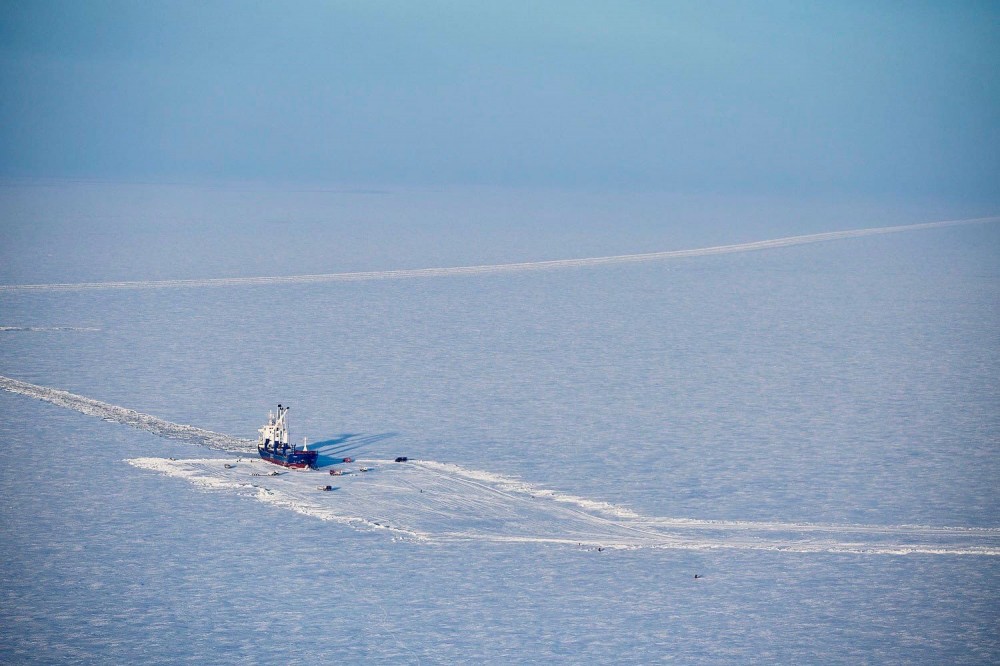
Shipping through thick Arctic sea-ice requires highly specialised and advanced vessels.
According to a report recently presented by consultancy company Yakov and Partners, Russia will need about 200 ice-class tankers and carriers by 2035 if it is to meet its announced plans in the region.
Because of sanctions and full order books in Asian yards, a lion’s share of the ships will have to be built in Russia, the report obtained by newspaper Vedomosti reads.
Russia could reduce dependence on ice-class carriers by taking use of transshipment hubs, but also in this case the number of needed new ships would be significant.
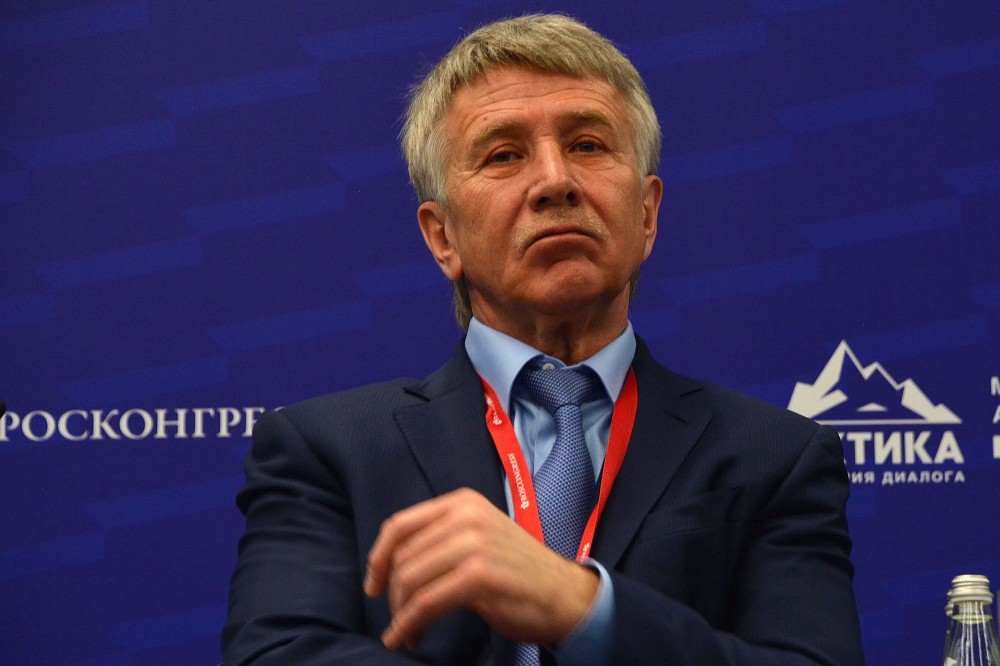
The construction of 5-6 ice-class tankers per year at Russian yards would be considered a major success, a Russian expert told the newspaper.
The Zvezda Yard in Vladivostok in 2023 reportedly promised Novatek CEO Leonid Mikhelson that five LNG carriers would be completed in 2024.
There is a significant chance that Mikhelson ultimately will feel snubbed.

ADVERTISEMENT
The Barents Observer Newsletter
After confirming you're a real person, you can write your email below and we include you to the subscription list.



